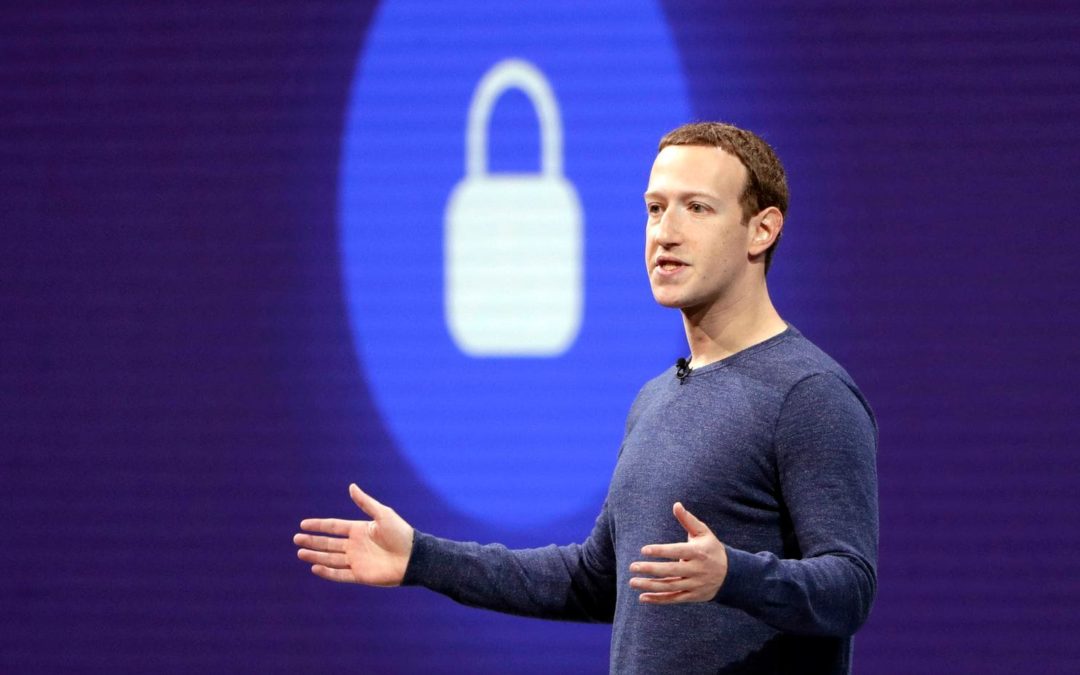At a parliamentary hearing in Ottawa on Tuesday sat two name cards — “Mark Zuckerberg” and “Sheryl Sandberg” — and two empty chairs.
For the second time in less than a year, Facebook’s founder and its chief operating officer declined to appear before an international committee of lawmakers from nearly a dozen countries who are investigating privacy, big data and democracy.
This did not please the Canadian hosts of the committee, who blasted the pair for their failure to appear and even issued an unusual, open-ended summons: Zuckerberg and Sandberg will be required to come before Parliament should they venture from Silicon Valley to Canada for any reason.
“If Mr. Zuckerberg or Ms. Sandberg decides to come here for a tech conference, or to go fishing, Parliament will be able to serve that summons and have them brought here,” said Charlie Angus, a member of the left-wing New Democratic Party.
If they indeed showed up to fish and then failed to appear before the committee, Parliament could hold them in contempt, said Bob Zimmer, a Conservative who chairs the House of Commons Standing Committee on Access to Information, Privacy and Ethics.
While the threat seemed mostly symbolic, Tuesday’s hearing showed again that anger and frustration with Facebook is real — and arguably growing.
[Facebook removed 3 billion fake accounts over a six-month period]
In recent years, the company has been dogged by allegations that it is dodging responsibility for the spread of disinformation on the social network and failing to protect users’ personal information — accusations repeated before the international committee Tuesday.
The committee, officially called the International Grand Committee on Big Data, Privacy and Democracy, is made up of representatives from Canada, Britain, Argentina, Belgium, Brazil, France, Ireland, Latvia and Singapore.
The group first met in London last year. Zuckerberg was invited but did not show up.
Though other technology companies, including Google, were summoned to the Ottawa gathering, it was Facebook’s decision to send relatively junior representatives that drew the most outrage.
Zimmer called the top executives’ absence “abhorrent.”
“Shame on Mark Zuckerberg and shame on Sheryl Sandberg for not showing up today,” he said during the hearing, according to CNN.
As the hearing progressed, lawmakers grilled Facebook’s representatives on its handling of disinformation, casting the company as a threat to democratic institutions.
Damian Collins, a British lawmaker, pressed Facebook on why it had not removed a digitally manipulated video of U.S. House Speaker Nancy Pelosi (D-Calif.) that went viral last week.
The company’s director of public policy, Neil Potts, countered that Facebook had done something — it downranked the video, making the content less likely to appear in users’ News Feeds.
[How Facebook is trying to stop its own algorithms from doing their job]
In separate testimony, former Facebook adviser Roger McNamee urged governments to close such platforms until they are completely overhauled.
“At the end of the day, though, the most effective path to reform would be to shut down the platforms at least temporarily,” McNamee said, according to the Canadian Broadcasting Corp. “Any country can go first. The platforms have left you no choice. The time has come to call their bluff.”
Though Canadian lawmakers did not announce any next steps, their anger was evident.
Nathaniel Erskine-Smith of the governing Liberal Party mocked Zuckerberg for vowing, in a recent op-ed for The Washington Post, to keep talking to lawmakers.
“If he was an honest individual writing those words,” Erskine-Smith said, “he’d be sitting in that chair.”
Read more
Facebook CEO Mark Zuckerberg said to be under close scrutiny in federal privacy probe
Today’s coverage from Post correspondents around the world
Like Washington Post World on Facebook and stay updated on foreign news
